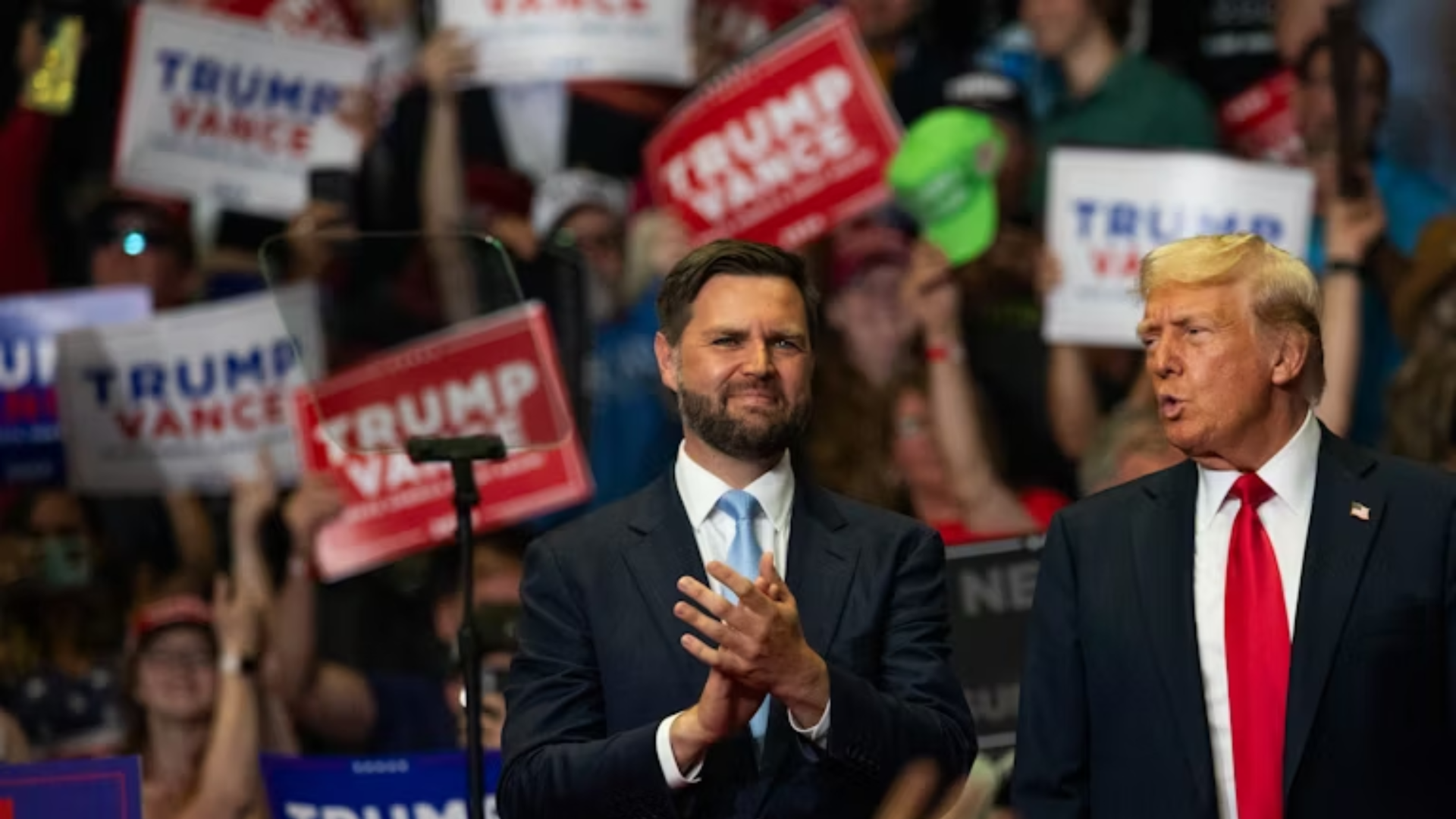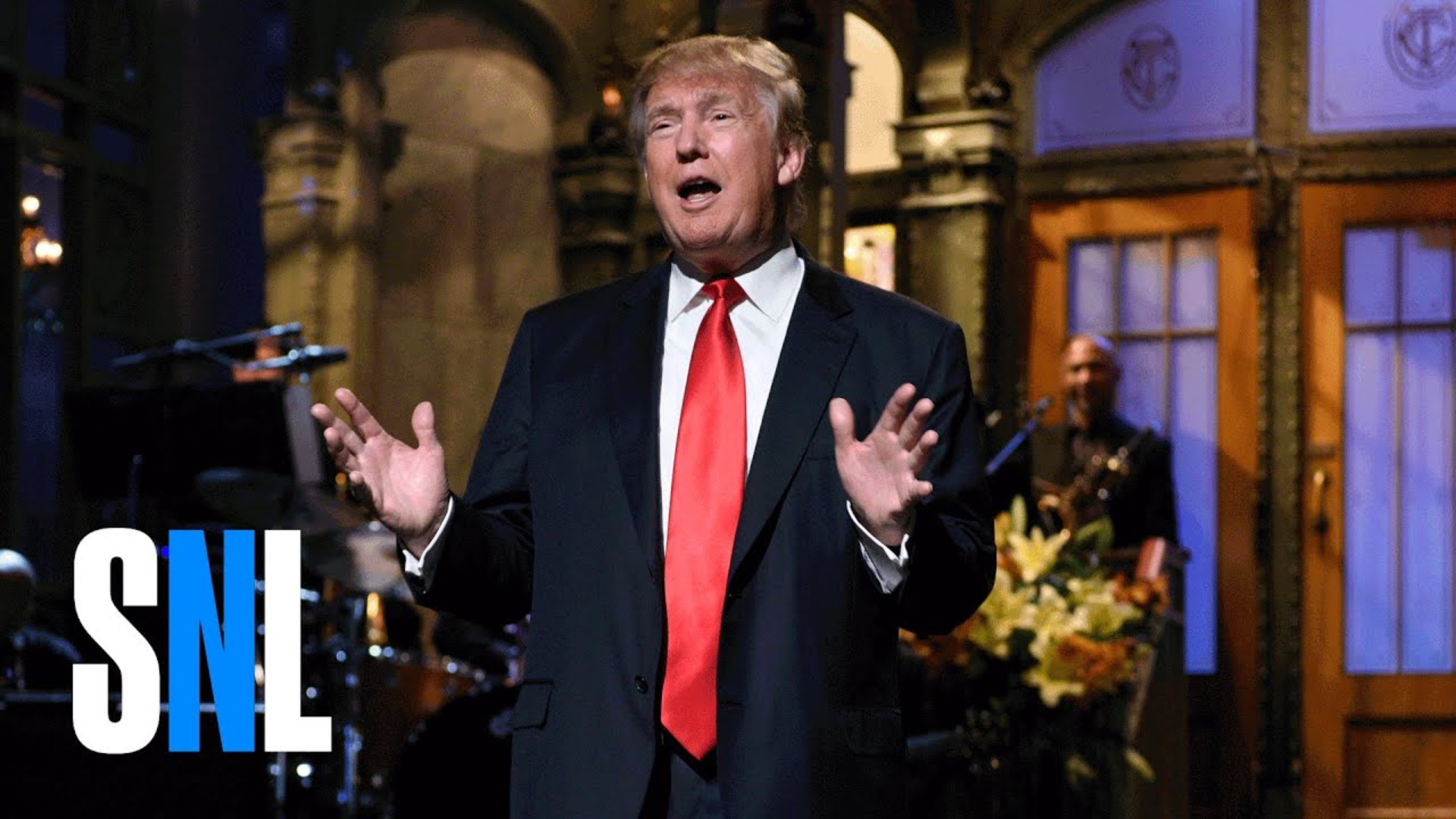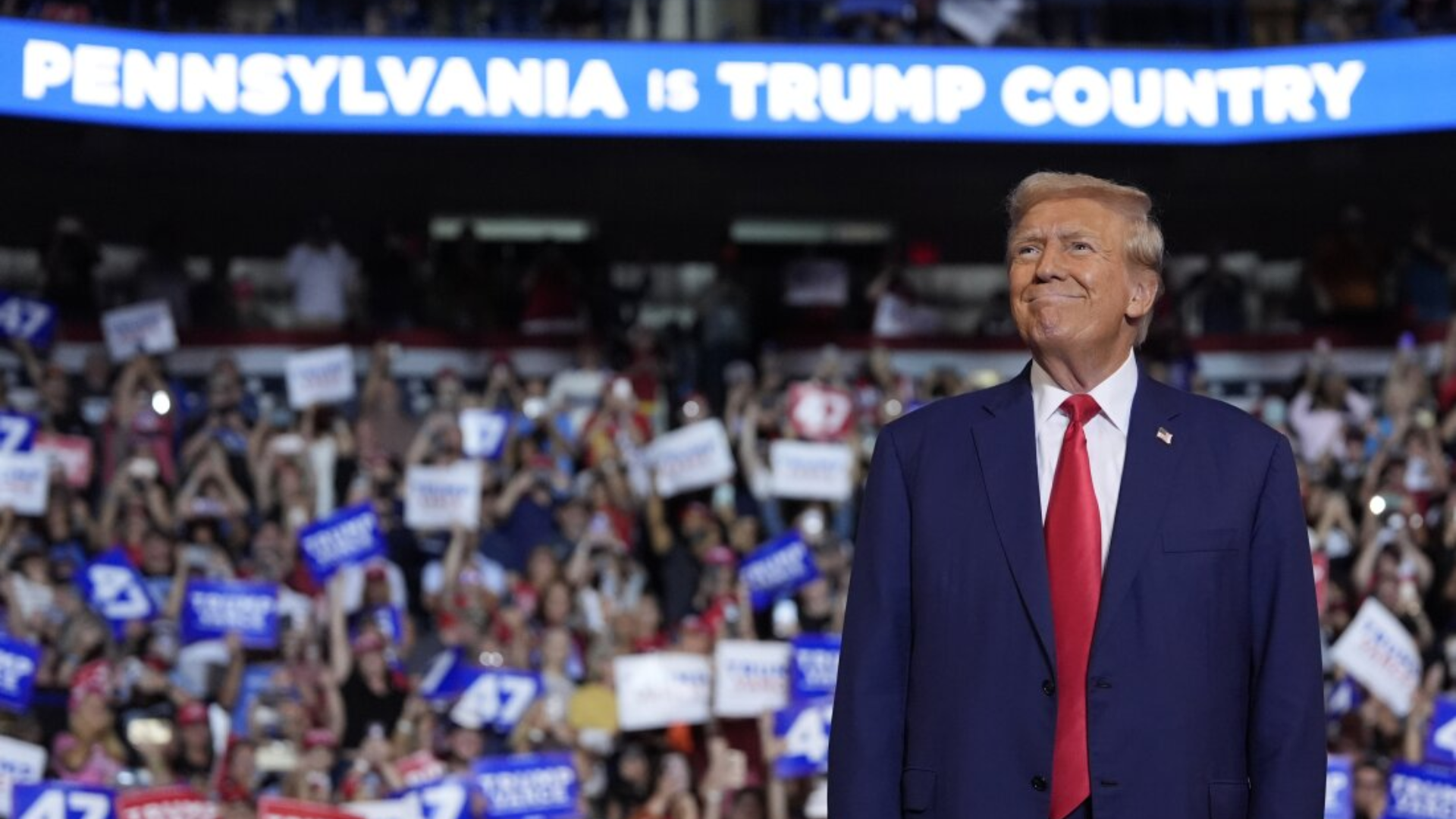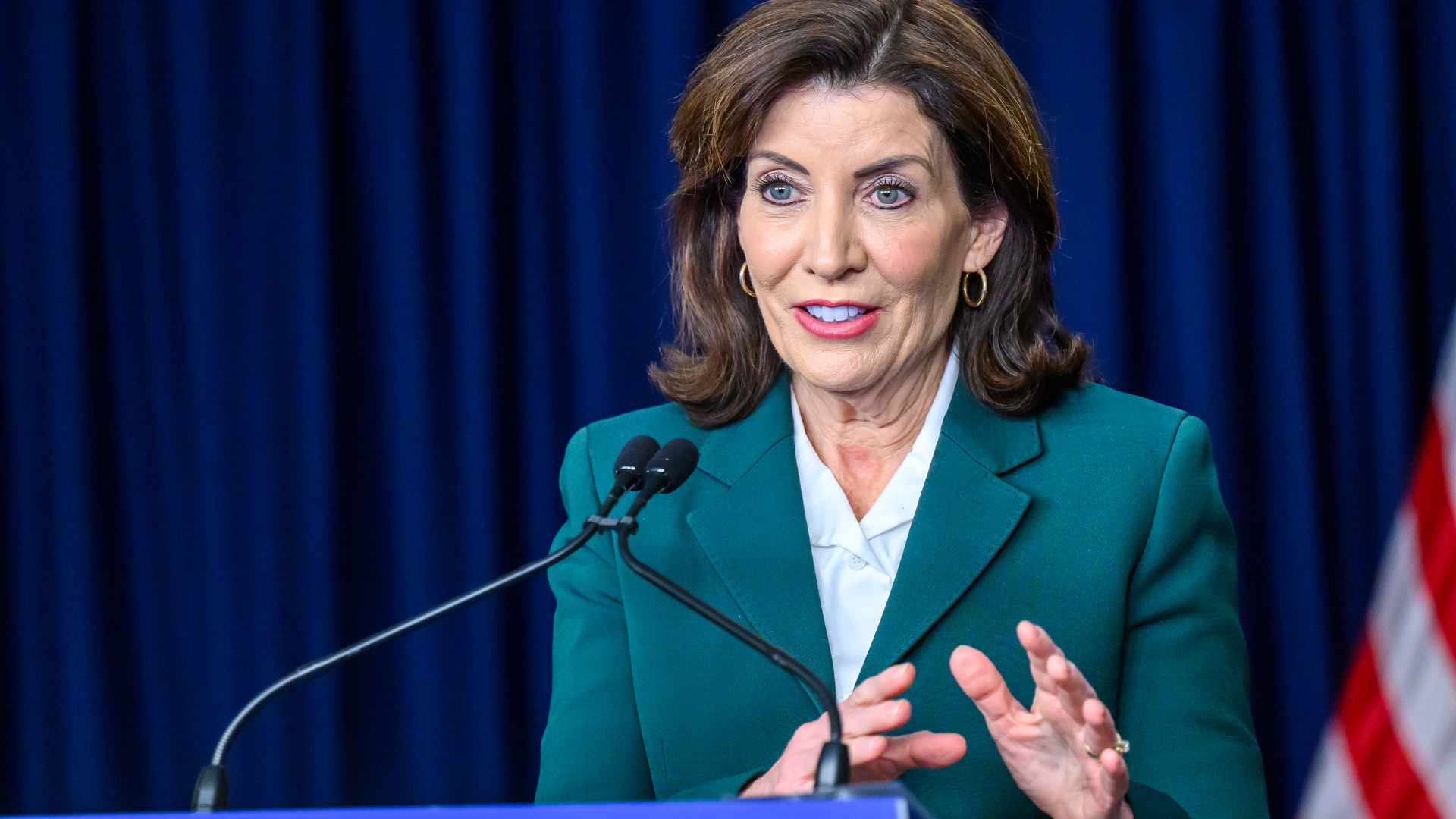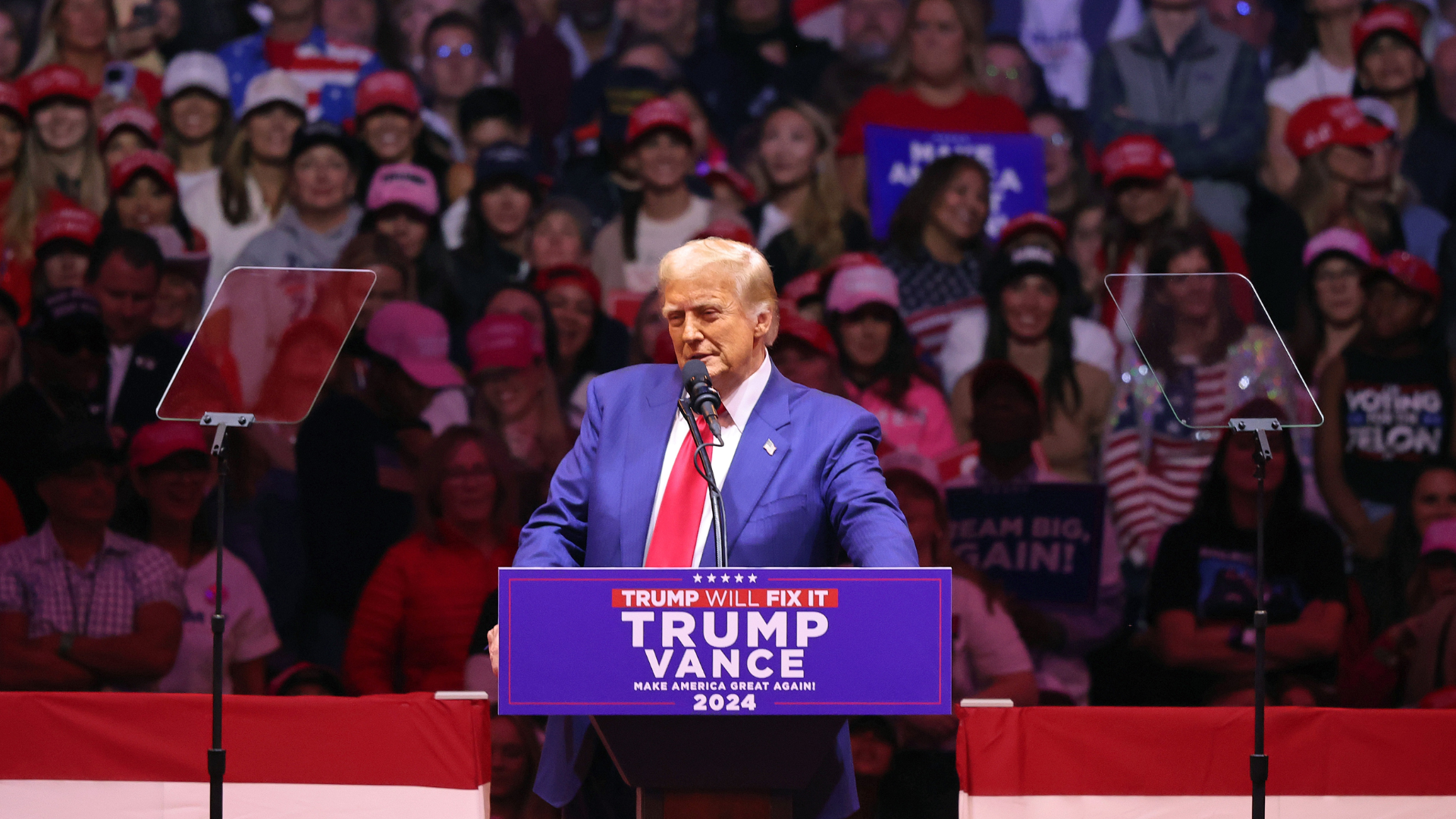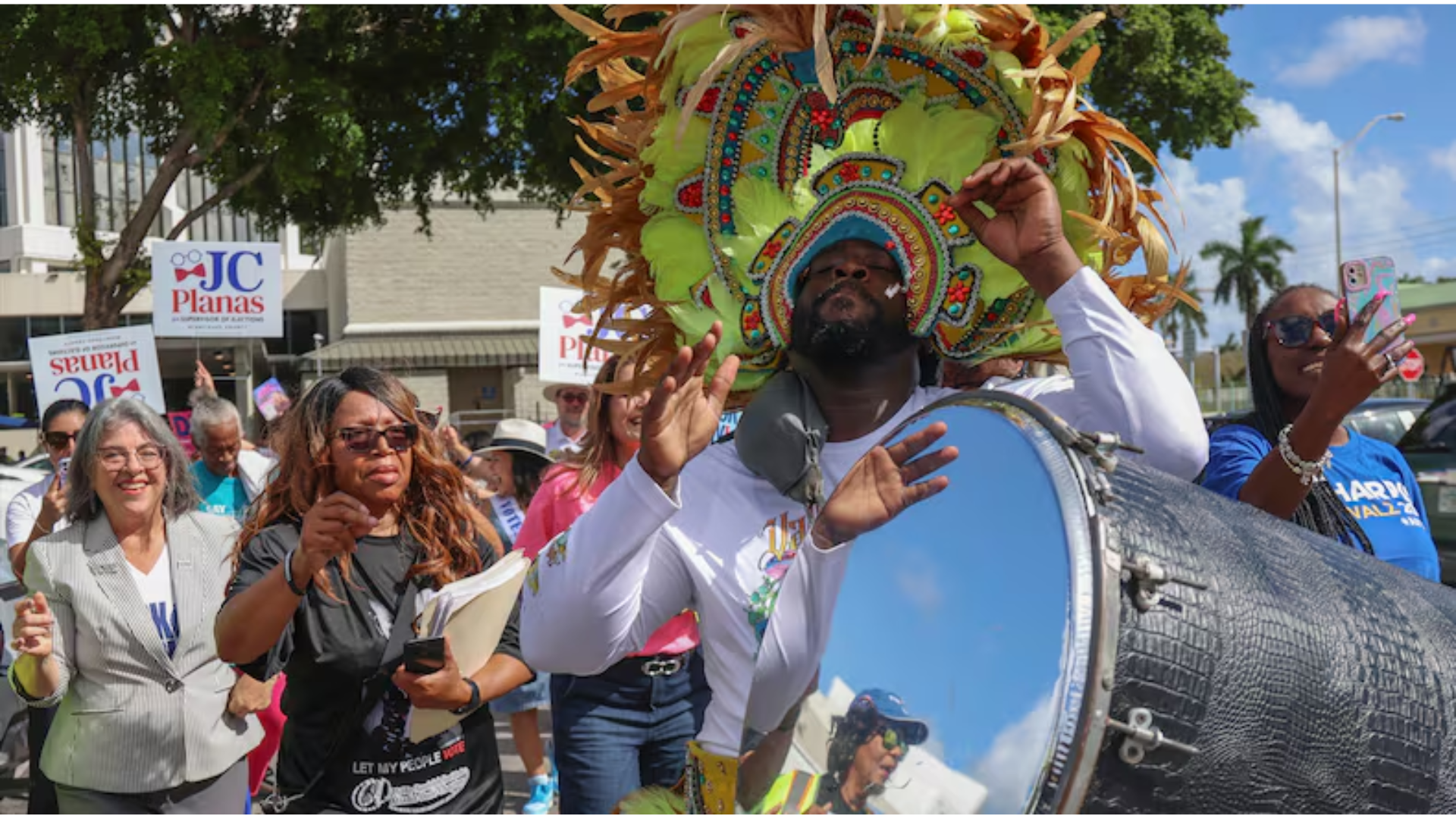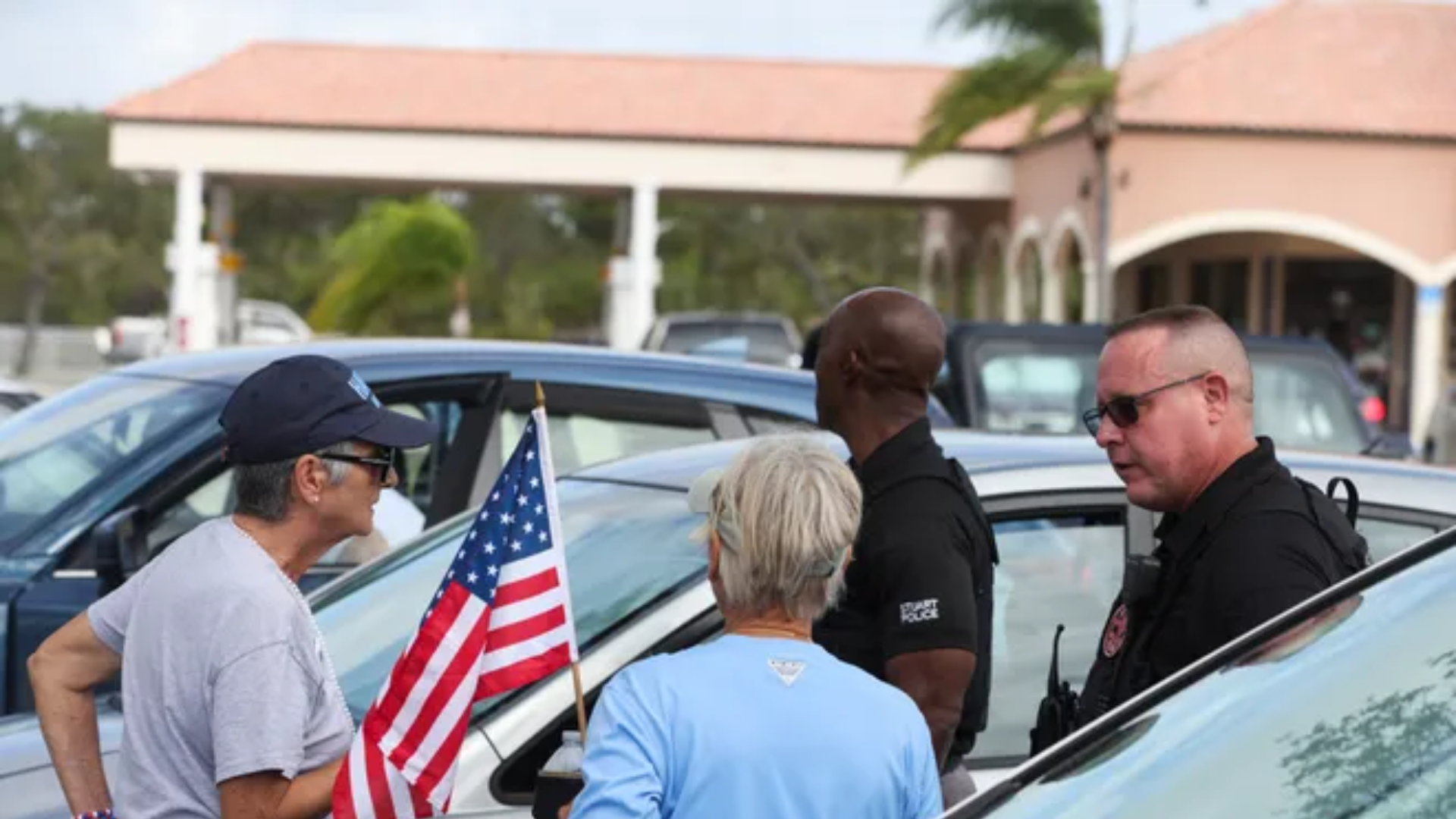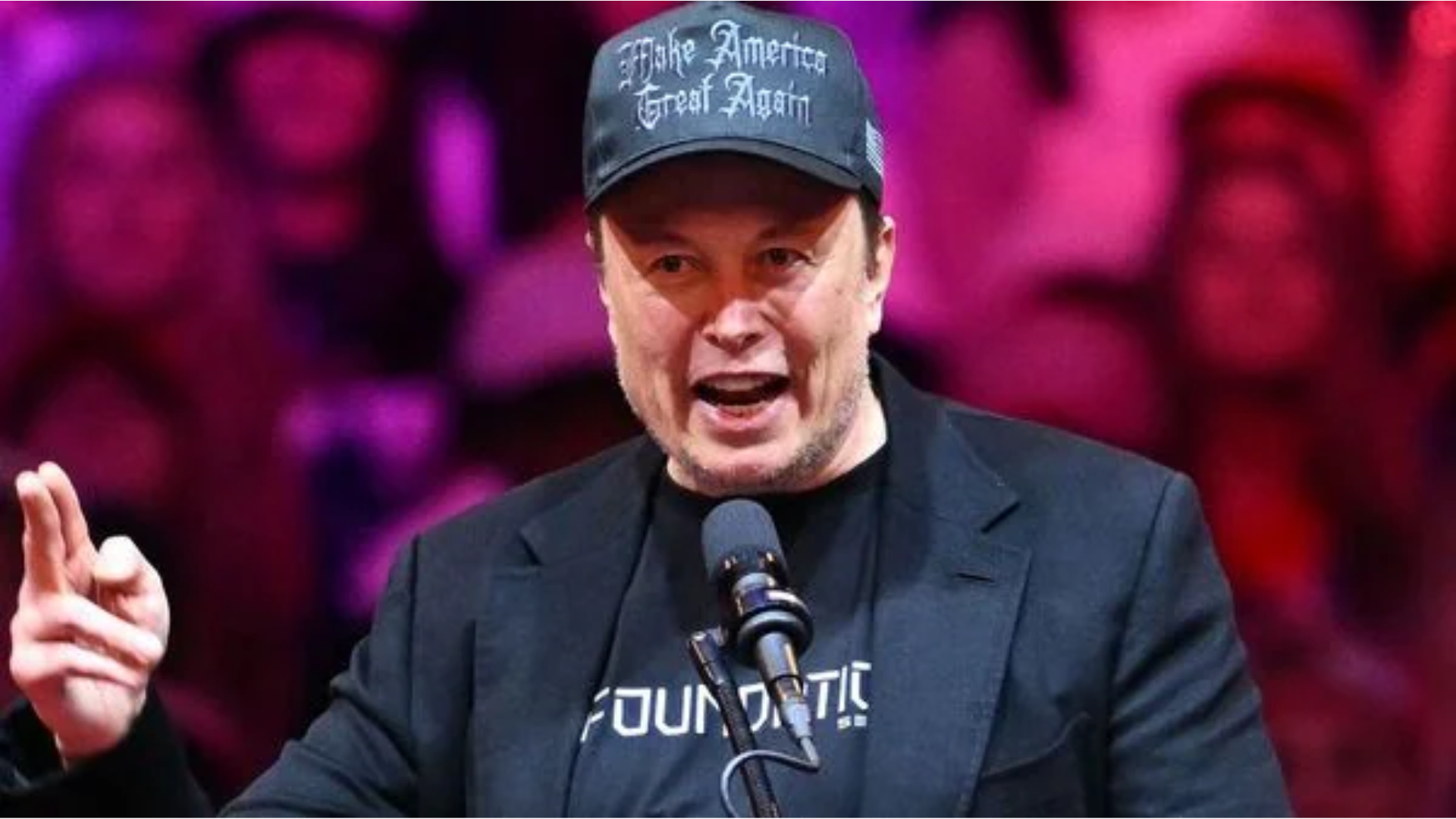
At a recent campaign event, Minnesota Governor Tim Walz, Vice President Kamala Harris’ running mate, stirred controversy by expressing his support for eliminating the Electoral College.
Walz made these comments during a fundraiser in California, stating “I think all of us know, the Electoral College needs to go. We need a national popular vote.”
He reiterated similar sentiments at a previous event in Seattle, sparking questions about whether these views align with the official stance of the Harris-Walz campaign.
While Vice President Harris herself has indicated openness to abolishing the Electoral College, her current campaign has not endorsed this position. When Walz’s comments attracted attention, campaign representatives quickly clarified that eliminating the Electoral College is not part of Harris’ platform.
A Harris campaign spokesperson provided further explanation, suggesting that Walz’s remarks were more about expressing enthusiasm for the Electoral College process and the goal of reaching 270 electoral votes.
“Governor Walz believes that every vote matters in the Electoral College, and he is honored to be traveling the country and battleground states working to earn support for the Harris-Walz ticket,” the statement read.
The debate over the Electoral College has been a recurring issue, especially among Democrats, who have increasingly criticized the system since Hillary Clinton’s 2016 loss to Donald Trump despite winning the popular vote.
Clinton herself has openly expressed her discontent with the Electoral College, telling CNN, “I think it needs to be eliminated. I’d like to see us move beyond it, yes.”

Such sentiments have been echoed by other prominent Democrats, including Rep. Jamie Raskin, who recently warned of potential “deadly consequences” if the U.S. continues to rely on the “antique” Electoral College system, citing the events of January 6, 2021.
The Electoral College, a compromise created by the Founding Fathers, has long been a topic of debate. It was designed as a middle ground between a popular vote and election by Congress, and today, many view it as a safeguard against narrow electoral margins and lengthy recounts.
Supporters argue it ensures that smaller states have a significant voice in presidential elections. However, recent years have seen renewed calls for its abolition, particularly from Democrats who believe it distorts true democratic representation.
In May 2023, Governor Walz signed an election bill committing Minnesota to the National Popular Vote Interstate Compact, a movement that pledges to allocate the state’s electors to the national popular vote winner, even if that candidate did not win in Minnesota.
This agreement, which has garnered support from 17 states and the District of Columbia, will take effect only when participating states collectively hold 270 electoral votes. Currently, they have 209.
Despite growing support for the national popular vote, opponents argue it would marginalize less populated states. Jason Snead, executive director of Honest Elections Project Action, criticized Walz’s comments, suggesting they reveal an intent to bypass the current system.

He argued, “Democrat leaders don’t think they should have to campaign in places like Michigan and North Carolina, they want California and New York to decide every election.”
Snead went on to say that Democrats aim to eliminate any institution standing in their way, citing the Senate filibuster and the Supreme Court as other examples.
Walz’s stance highlights a broader debate over the future of U.S. presidential elections, with supporters of the Electoral College contending it provides essential balance, while critics argue it undermines the will of the majority.
As the 2024 election approaches, this issue remains a flashpoint, especially among Democrats seeking to address the discrepancy between popular and electoral outcomes.


